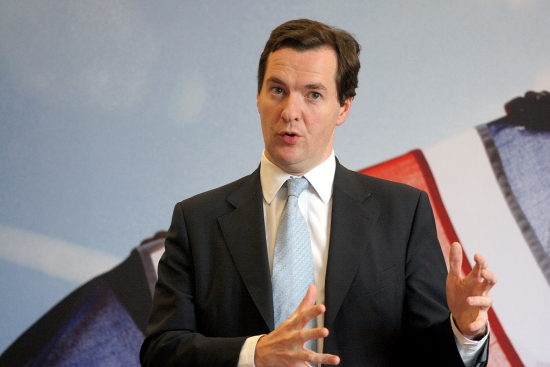Several points from the Autumn Statement have proven fairly controversial, with the issue of business rates being the key sticking point for many experts within the retail industry.

Although Chancellor George Osborne capped rates increases at 2 per cent, former Wickes and Iceland chief executive Bill Grimsey, among others, believe that until a complete re-evaluation of the system is conducted, retailers will find themselves operating in an environment where “unfairness is deeply embedded in the system.”
However, one aspect of the Autumn Statement upon which all can agree is the positive impact new legislation will have upon employee owned businesses such as the John Lewis Partnership.
The Chancellor announced an additional £25 million “shot in the arm” to help support employee ownership within the UK economy, adding to the £50 million worth of funding already laid out in the Government’s annual Budget.
In practice, the benefits for entrepreneurs and business owners are very simple. Those who choose to sell shares in their company to a board held by a special employee ownership trust will then become eligible for relief from capital gains tax, allowing more funding to be channelled into the growth and stability of their company.
Additionally, the transfer of these shares will now become exempt from inheritance tax provided that the deal meets certain conditions. This, coupled with the new ability of staff working for employee owned companies to receive up to £3,600 of annual bonus exempt from income tax, should hopefully see British workers left with a little more disposable income in their pockets at the end of the month.
The news was welcomed by the Employee Ownership Association (EOA) which believes that it will go a great way in allowing the sector to meet economic targets. Chief executive Iain Hasdell points out that employee owned businesses currently contribute more than £30 billion per annum to the UK’s GDP total.
He continues; “This Autumn Statement marks another key step towards our target of 10 per cent of GDP being delivered by employee owned businesses by 2020.”
Possibly the most high profile employee owned business in the UK is John Lewis which, along with sister chain Waitrose, has seen huge success in the run up to Christmas. The retailer was recently voted the UK’s most trusted company, with the majority of consumers polled stating a belief that the staff’s investment in the company drove them to provide a higher standard of customer service.
John Lewis Partnership chairman, Sir Charlie Mayfield, claims the conditions outlined in the Autumn Statement represent “an important step towards a fairer form of capitalism.”
He concludes; “In the past the tax system favoured those who owned shares directly in their company – these measures will, at last, make the tax treatment fairer for those who own their business via a trust.
“At a time when only 3 per cent of UK jobs are in employee owned companies, today’s tax measures will encourage business owners to adopt employee ownership as a mainstream alternative to listing or selling.
“Increasing evidence shows that these firms develop superior organisational performance, outperform more traditionally structured firms in times of recession and report increased productivity levels.”
Do you think more companies will choose to become employee owned as a result of the Autumn Statement?
Previous Post
Speculative Development Resumes in Bristol